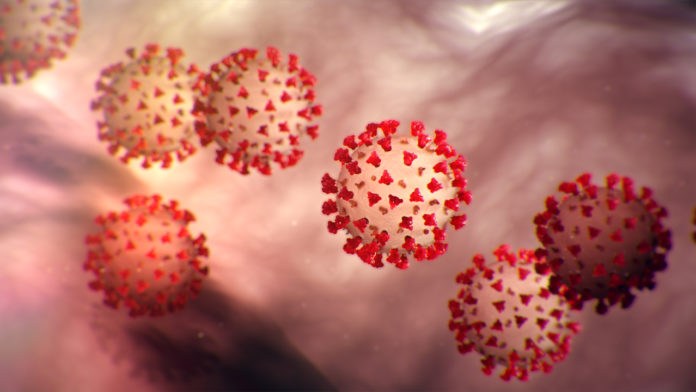It seems as if the world has taken on Key West’s coconut telegraph mentality. This test. That treatment. These preventive measures. What does it all mean? And whom do we believe?
One of the problems: So much changes as our knowledge of COVID-19 expands that much of
what I could write today might be a little dated or, worse, simply untrue by the time it’s in print — or, possibly, by the time I finish writing this article.
That said, antibody testing for the disease has been a hot news item of late. It’s an area of active research, and at this writing, I can’t tell you what having an antibody to COVID-19 will mean. But to get some perspective, it’s worth saying a few words about antibodies, their role in immunity and what they’ve meant for a few, more established diseases.
First off, a little Immunology 101 (probably more like 100 ½): we make antibodies in response
to an invasion of our bodies by something foreign. Commonly, those invaders are viruses and
bacteria.
Antibodies are just one component of our immune defenses, although they often
help to rally other components. But regardless, once they’ve done their work, as far as many illnesses are concerned, we’re recovered. In many cases, we’re not only recovered, but less likely to get a specific illness again. That’s what’s known as immunity, which is more than a term used on “Survivor.”
Another benefit of antibodies is they tend to stick around in one form or another after an illness, meaning blood tests can tell us if someone has been exposed to a germ by looking for an antibody that the body formed in response to that germ.
But there’s a problem: Different antibodies mean different things, depending on the illness. Some childhood diseases that have become quite rare — measles and mumps, for example — are illnesses you can only get once. (And once you’re out of the transmission period around the time of that illness, you can’t transmit those viruses.)
We can measure those antibodies, and doctors sometimes do so to prove the immune system is working.
On the other hand, the HIV antibody test tells us we’ve been exposed, all right. But in this case, the antibody doesn’t act to eliminate the virus, which stays hiding in cells. So from a health point of view, having an HIV antibody isn’t the same good news as having, say, a measles antibody.
These examples just go to show you that having an antibody means different things for different
diseases.
So the question with COVID-19: Does having an antibody mean you’re finished with the illness?
Like so many things with this new disease, we simply don’t know. A third possibility is that having the antibody means you’re done with COVID-19 for a little while, but could get it again. That often happens with the common cold: you get antibodies, but they wane. Another possibility is that there’s more than one strain, or type, of COVID-19 virus.
There are four strains of dengue, for example, and if you get the disease, you’re only immune to the strain that infected you.
We haven’t even gone into the problems associated with the testing itself — accuracy, overlap with other coronaviruses and the fact that historically, you could send an antibody test for a baby and get the results when the baby was in college.
Bottom line: there is much work to do — so much so that the World Health Organization came out with a statement (I knew it! This is hot off the press since I started writing this article) cautioning against using the presence of antibodies as an “immunity passport” to go out and do anything.
The protective measures in place that have made the Florida Keys relatively successful to date in reducing infection are, for better or worse, going to be important for a while longer.





















